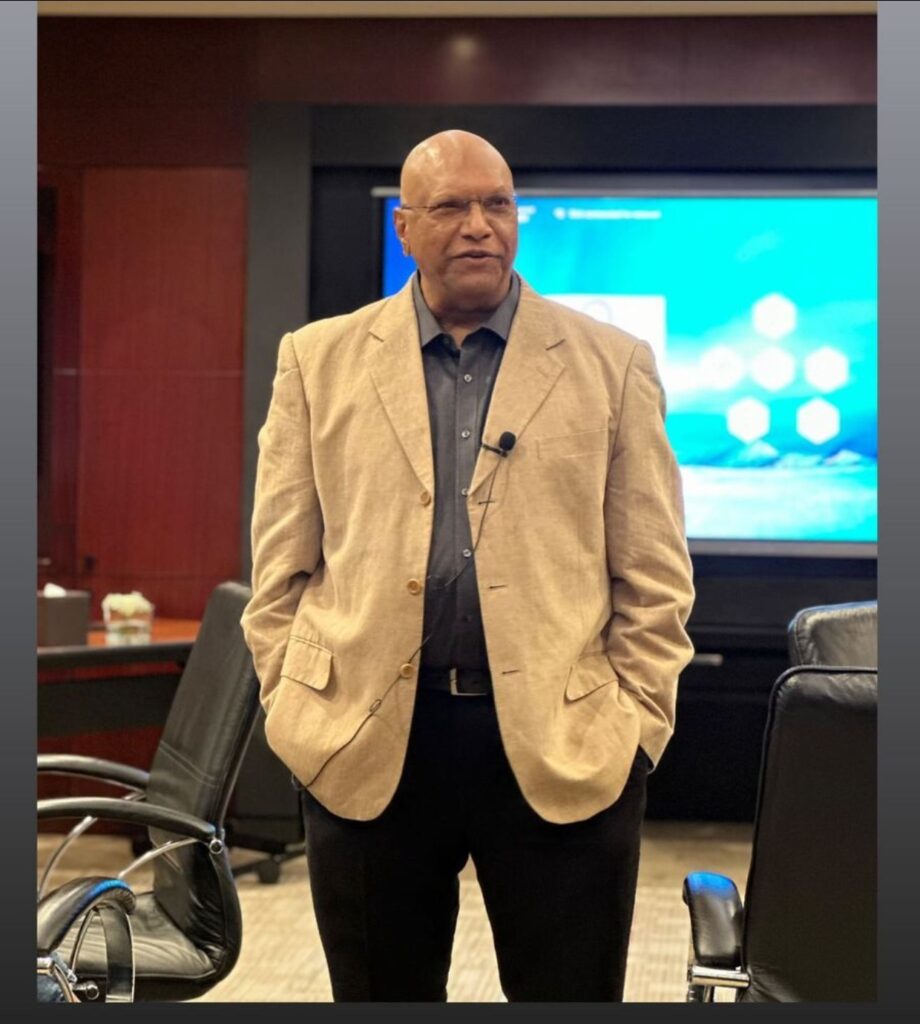What Makes S P Jain’s Global MBA, ‘Global’?

Prior to COVID, the global economy was fairly “global”, i.e., countries, markets, customers, and value chains were reasonably interconnected. However, post-COVID, the world is experiencing unprecedented turbulence in the macro business environment showing major trends of deglobalisation. Every company, regardless of size, sector, product/service offering, markets it is present in, is needed to reconsider its business model. Current challenges to overcome for ensuring survival and profitable growth include:
- Regional conflicts
- Geo-political risks
- Supply chain disruptions
- Currency fluctuations
- Volatility in commodity prices
- Legislations resulting in trade wars and sanctions
Examples:
For instance, Germany which has traditionally been the growth engine of Europe, is likely to face a second year of recession in 2023 – ‘24 due to post covid supply chain disruptions. Further to the Ukraine conflict, they are facing a shortage of gas and oil sourced from Russia. Now it is forced to buy fuel at a higher cost resulting in inflation and increased cost of living. Germany’s constitutional limitations on borrowing money i.e. “debt-brake”, hinder its ability to borrow and invest in infrastructure, provide subsidies and tax-breaks. Farming is becoming unviable. Companies’ within and those dependent on Germany need to realign their entire business processes.
Another example is China. Due zero-COVID policy, and the trade barriers imposed on it, have impacted many of its industries. Let us take its toy industry for example. More than 50% toys sold in the world are made in China. Companies such Hasbro that makes board games, and Mattel which makes the Barbie dolls, are reconsidering investment in other countries for manufacturing. India appears to be a natural choice because of a large captive domestic market and opportunity for exports. However, companies interested in availing this face a challenge because, due multiple reasons, it requires years to set up a world-class plant.
In contrast, Vietnam, with its stable government, predictable regulatory framework, infrastructure investments, and progressive policies for foreign direct investment, is emerging as the fastest-growing Asian economy.
In such a dynamic scenario, companies are seeking graduates who can navigate the Volatile, Uncertain, Complex and Ambiguous (VUCA) environment and add value.
SP Jain’s Global MBA, with its tri-city program, exposes students to Global Business Environment and crafts a global mindset for decision making. Below are the salient features of its Global MBA program:
- Global Economy: The curriculum of Global MBA explores the macro environment to assess how companies need to adapt their business strategies.
- Cross-cultural Immersion: The students immerse themselves in different cultures and understand their implications for doing business.
- Faculty Diversity: Students are taught by global and regional faculty. They bring in their own global perspectives to help students compare practices across boundaries.
- Global Projects: They engage like a ‘consultant’, for global and regional companies, in real-time live capstone projects, and mini projects embedded in select courses. Thus, students get a first-hand exposure to business challenges across countries to help develop a global mindset to critically think and offer solutions.
- Student Diversity: SP Jain’s programs attract students from multiple countries and backgrounds. Such diversity fosters a learning environment to work with people of different cultures.
- Research and analytics competence: As customer needs vary across markets, students using their skills in research and data analytics, gather customer insights to help align an organisation to be customer centric, simultaneously ensuring operationally efficient processes.
Students engage in critical thinking and effective decision making in regard to: where a company should to source, manufacture, warehouse and which markets to serve. They evaluate what the strategies could be and their viability under varying scenarios, all with the singular objective of enhancing stakeholder value while embracing emerging technologies and ESG (Environment, Society and Governance).
Projects, workshops, conclaves, conferences, fellow classmates, faculty, and alumni, help students develop a global network which is an invaluable asset throughout their careers.
Global MBA graduates are in high demand from companies operating across countries. The knowledge and skills they gain during the program make them agile, nimble, adaptable, and well rounded for a variety of strategic roles making them command a premium compared to traditional MBA graduates.
In conclusion, Global MBA equips students with knowledge, skills, competence and the right attitude to thrive and accelerate their career in an ever changing global business environment.

